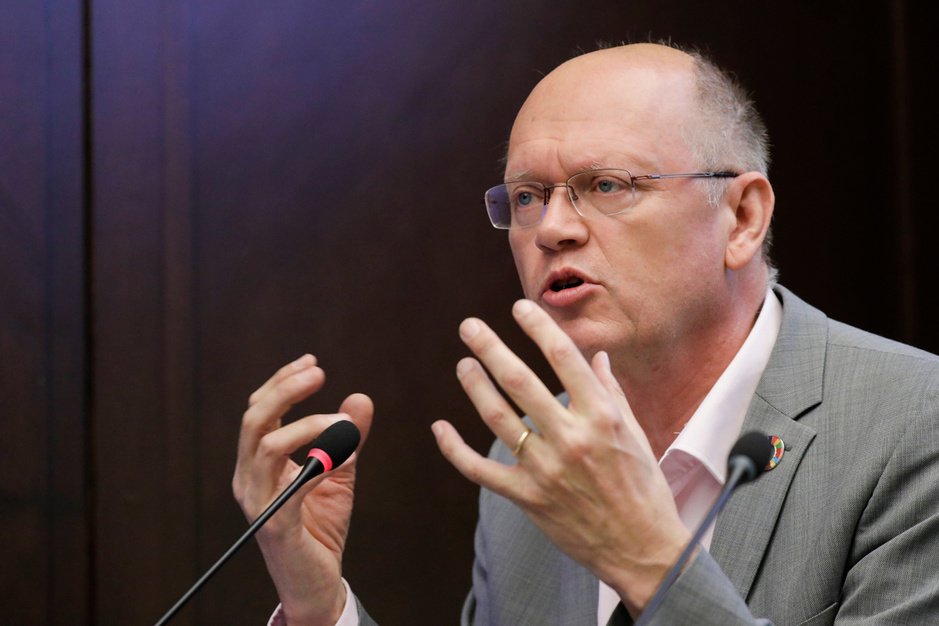The decisions adopted at COP26 in Glasgow will help in the implementation of the Paris Climate Agreement, University of Leuven climatologist Jean-Pascal Ypersele commented on Sunday.
Glasgow “is a step in the right direction,” he said. “It’s much more than blah-blah, but it’s very insufficient.”
His assessment differed somewhat from that of Swedish activist Greta Thunberg – considered the leading light of the movement of young people for climate, Fridays for Future. She had previously criticised the Glasgow talks as being nothing more than hot air, or “blah blah blah”, by leaders who are ineffective to combat the climate crisis.
Van Ypersele, who advised the Belgian delegation at COP26, pointed to a series of positive points of the Glasgow Climate Pact, adopted on Saturday by nearly 200 countries.
Here my first comments on the results of #COP26 pic.twitter.com/WUWa8Yqn9e
— Prof. Jean-Pascal van Ypersele (@JPvanYpersele) November 14, 2021
These include “the still clearer recognition of the urgent need for action coupled with the favourable response to the latest IPCC report,” noted the former vice-president of the Inter-governmental Panel on Climate Change (IPCC). Other sources of satisfaction, he said, included “the recognition of the enormous gap between current plans and what would be necessary, and a call to increase the ambition levels of these plans on an annual basis, not just every five years.”
Van Ypersele also welcomed the call to reduce coal use and fossil-fuel subsidies. He described this as “the beginning of a response to the request from vulnerable countries for the damage they suffer due to climate disruption to be compensated by the countries most responsible.”
Other sources of satisfaction include “the promises to increase the budget for financing climate change adaptation by developing countries.”
In this regard, Jean-Pascal van Ypersele welcomed “the important symbolic gesture made by the Wallonia Government on the last day of COP26 by promising to contribute one million euros to a fund to finance the losses and damage incurred by developing countries.”
"The body of texts adopted in Glasgow does not immediately diminish greenhouse gas emissions but it creates a framework and increasingly clear signs towards decarbonisation for all governments, all economic actors and all citizens,” the climatologist said. “Now, let's get to work.”

